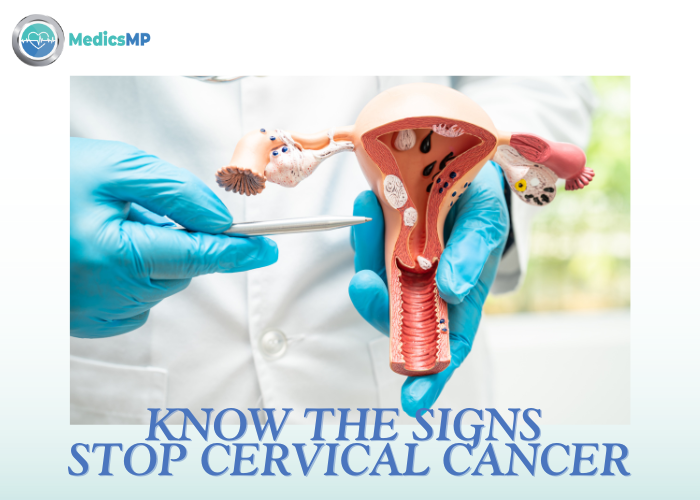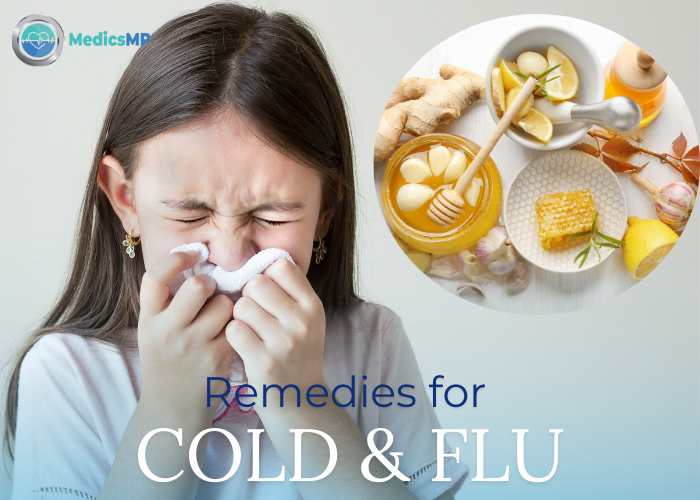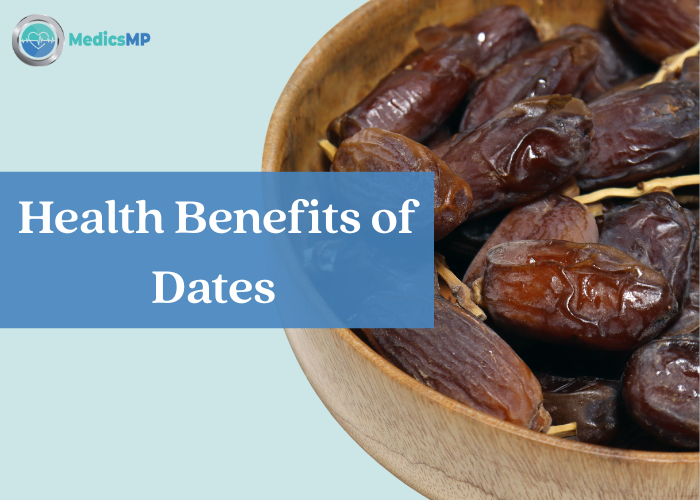Cervical Cancer: Symptoms, Causes, and Prevention
- 18 Sep 2025
- Health Care
Cervical cancer is one of the most common cancers affecting women worldwide, yet it is also one of the most preventable. Despite increasing awareness, many women still overlook the early symptoms of cervical cancer, often mistaking them for other health issues. Knowing the cervical cancer cause, understanding what is HPV, and learning about the role of the HPV vaccine for cervical cancer can save lives.
What is Cervical Cancer?
Cervical cancer occurs in the cells of the cervix, the lower part of the uterus that connects to the vagina. It develops when abnormal cells grow uncontrollably and spread. In most cases, the leading cervical cancer cause is long-term infection with the Human Papillomavirus (HPV).
Causes of Cervical Cancer
The most common causes of cervical cancer include:
HPV Infection: Persistent infection with high-risk HPV strains is the primary cause.
Smoking: Increases the risk by weakening the body’s ability to fight HPV infections.
Weakened Immune System: Conditions that lower immunity make it harder to clear HPV.
Long-term Birth Control Use: Extended use of oral contraceptives may raise the risk.
Multiple Pregnancies: Having many full-term pregnancies may contribute to the risk.
Symptoms of Cervical Cancer
In its early stages, cervical cancer may not show obvious symptoms, which is why regular screening is crucial. As the disease progresses, possible symptoms include:
Abnormal vaginal bleeding (between periods, after intercourse, or after menopause)
Pelvic pain or discomfort
Pain during sexual intercourse
Unusual vaginal discharge
If you experience any of these symptoms of cervical cancer, it’s important to consult a healthcare professional immediately.
What is HPV?
HPV (Human Papillomavirus) is a very common virus transmitted through skin-to-skin and sexual contact. While most HPV infections clear up on their own, some strains can lead to cervical cancer, genital warts, and other cancers.
What is HPV Vaccine and How does it help?
The HPV vaccine for cervical cancer is a powerful tool in prevention. It protects against the high-risk HPV strains most likely to cause cervical cancer. Ideally, the vaccine is given before exposure to HPV, commonly recommended for pre-teens but also beneficial for young adults. By preventing HPV infection, the vaccine significantly reduces the chances of developing cervical cancer later in life.
Prevention and Early Detection
Preventing cervical cancer involves a combination of lifestyle choices and medical care:
HPV Vaccination: Get vaccinated to lower your risk.
Regular Screenings: Pap smears and HPV tests help detect precancerous changes early.
Safe Practices: Using protection during intercourse lowers HPV transmission risk.
Healthy Lifestyle: A strong immune system helps the body fight infections.
Conclusion
Cervical cancer doesn’t have to be a life-threatening disease. With awareness of the symptoms of cervical cancer, recognizing the causes of cervical cancer, understanding what HPV is, and taking preventive measures like the HPV vaccine for cervical cancer, women can protect themselves and live healthier lives. Early detection is key, so don’t delay your screenings and vaccinations.




